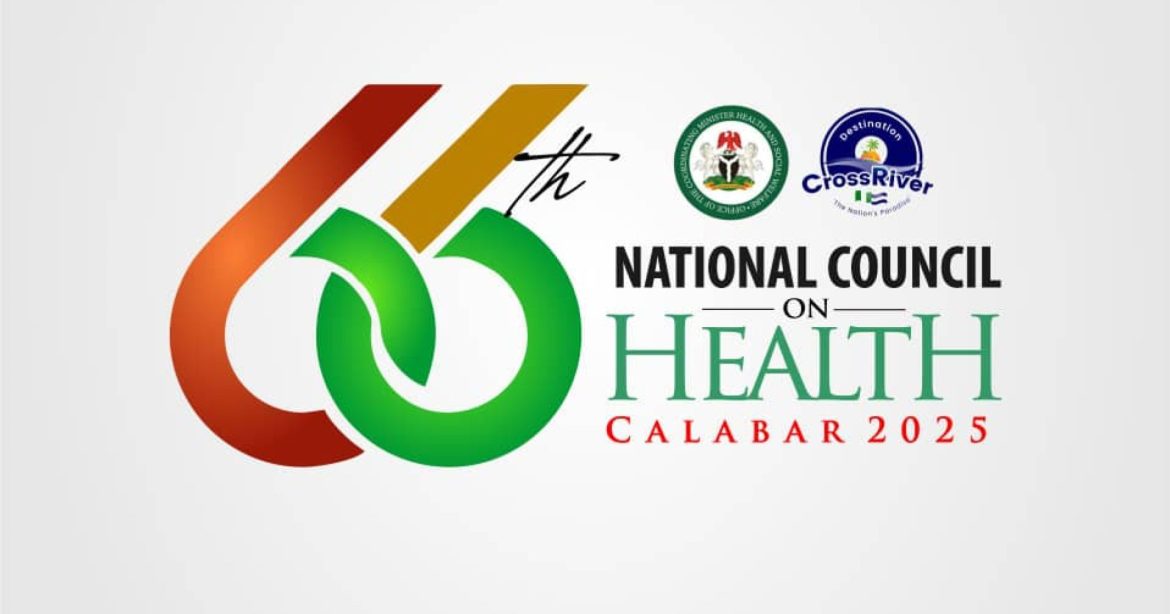By Iyemah David
The National Council on Health (NCH) has approved a policy to lower the age of consent for voluntary HIV testing in Nigeria from 18 to 14 years.
This, followed hours of intense, wide-ranging deliberations at its 66th meeting in Calabar, Cross River.
The debate reflected deep concerns around public health priorities, legal frameworks, adolescent protection, and Nigeria’s high HIV burden, particularly among young people.
Chairing the Council on Friday, Coordinating Minister of Health and Social Welfare, Professor Muhammad Ali Pate, said the revision was necessary, given the scale of the HIV epidemic among adolescents.
He recalled that in 2014, 380,000 children in Nigeria were living with HIV, and one in three young people aged 15 to 24 newly infected with HIV in 2009 resided in South Africa or Nigeria.
He added that Nigeria had approximately 1.7 million AIDS orphans that same year.
Prof. Pate stressed that vulnerable groups, including orphans without parents to consent on their behalf, must not be left behind.
He noted that experiences from South Africa, where adolescents from age 12 could access HIV testing independently, had improved early detection.
“Fourteen is where it hovers here in Nigeria. We’ve crafted a policy that is consistent with our own culture, norms and laws,” he said.
He cited both the Penal Code provision for individuals under 14 and the national law, which sets the age at 18.
He urged the council to seek consensus: “I do not want anyone to walk away thinking they have lost. At the end of the day, we want what is best for Nigeria.”
He also suggested an interim option, setting the age at 15 and reviewing it in 2026 based on expert guidance but members later leaned more strongly toward 14.
Supporting the proposal, Professor Baba Gana, Borno State Commissioner for Health, highlighted Nigeria’s demographic profile, noting that the country is the world’s sixth most populous nation and is projected to rank third by 2050.
“Currently, 42.5 per cent of Nigerians are 14 or under, and the nation ranks second only to South Africa in HIV prevalence,” Prof. Gana said.
Chairman of the Forum of Commissioners for Health and Ekiti Commissioner for Health, Dr Oyebanji Filani, questioned the implications for parental involvement:
“
Would you want to walk into your 14-year-old’s room and find HIV pills they started without your knowledge? Why 14? Why not 10? We must think deeply.”
Dr Filani, however, acknowledged that many adolescents already tested voluntarily, especially in premarital contexts, and said the policy needed to align with current realities.
The council also revisited provisions in the National Guidelines for HIV Care (2011), which allowed married, pregnant, or sexually active adolescents under 18 to be treated as mature minors capable of consent.
The issue of legal protection for health workers was also debated. A legal expert cautioned that under the Child Rights Act, minors cannot give valid consent, stressing:
“You cannot amend the law here by vote or policy. It would amount to futility.”
They distinguished sexual consent from medical consent and noted that even under the mature minor doctrine, parental consent should first be sought and denied.
Others countered that voluntary testing for public health purposes differed from medical procedures, which required detailed consent.
They argued that even a 40-year-old could refuse treatment, recommending strengthened age-appropriate counselling instead of restricting access.
The chairman noted that the council Secretary had captured the resolution and emphasised the need for legal safeguards during implementation.
With no objection from the floor, he declared the matter concluded.
The new policy aims to improve early HIV detection and treatment among Nigeria’s youth, particularly orphans and vulnerable adolescents, while aligning with cultural norms, current practice, and evolving public health realities.




